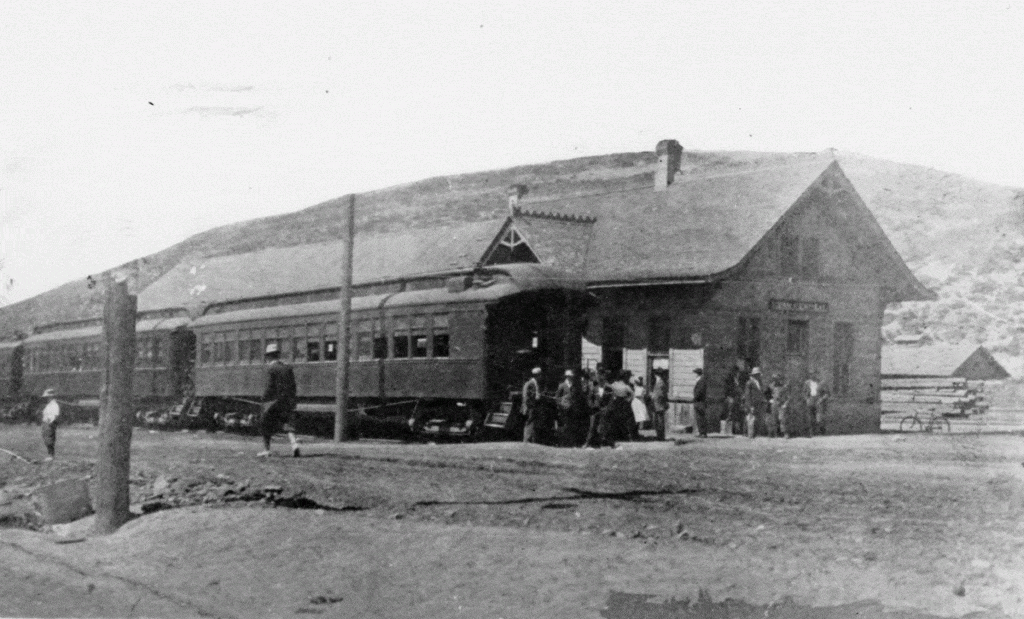“One of the most foul and cowardly murders that has ever darkened the criminal record of Park City,” occurred on April 24, 1892. The crime was widely reported in Park City and throughout the Salt Lake Valley. It stirred up a frenzy of excitement and left many predicting “equally bloody sequels before the last act is over.” And yet a cloud of uncertainty and mystery surround the entire event.
The cast of characters included Lewis Paradise, an allegedly dashing young man; Hope Fuelling, a “bright” and “pretty” seventeen-year-old; and Milton “Patsy” Trotman, Hope’s uncle. The setting was a sunny Sunday afternoon, around four o’clock.
Hope had “numberless suitors,” but to the dismay and “great annoyance” of her family, expressed particular interest in twenty-year-old Lewis Paradise. Lewis had moved to Park City in 1877 with his family, where his father secured work at the Ontario mill.
The local papers don’t give much of a clue as to why Hope’s family would have been so disapproving of Lewis. Social norms of the day dictated that dating between young adults was closely monitored and girls were often chaperoned on outings. It’s possible that Hope and Lewis ignored these mores, to the likely detriment of Hope’s reputation. Her family, German immigrants who owned a local bakery, were likely worried about her future.
On the day of the crime, Hope and Lewis had met in the lower part of town. It’s unclear if they’d done so purposely or inadvertently. The two set out for a stroll together in the afternoon sun, walking along the Utah Central railroad tracks about one mile beyond the depot.

Credit: Park City Historical Society and Museum, Kendall Webb Collection
Neither realized that Hope’s uncle, Patsy Trotman, had seen the young couple leave. According to Hope’s father, Trotman was “possessed of one of the meanest tempers I have ever seen in a person.” Cutting across fields to get ahead of them, Trotman hid in some bushes. As Hope and Lewis approached, he jumped from his hiding place and fired several shots from a handgun.
In the confusion, Lewis fled. Hope, who had been struck and killed instantly, fell to the ground. Trotman approached, laid down beside her body, and attempted suicide. They were recovered shortly after, Trotman hanging on to life by a thread.
The incident was witnessed by several Parkites – one from a nearby racing track, another from a wagon on a nearby road. Their testimonies at a later inquest corroborated the series of events.
Why would Trotman have perpetrated such a shocking and unexpected crime? The newspapers posited that jealousy was the cause of his actions. But though the ongoing gossip about the Paradise and Fuelling families was well known throughout town, most Parkites were surprised and horrified by the turn of events.
Hope Fuelling’s father was enraged and blamed Lewis for the entire affair. Lewis left town a shortly after, though his family continued to live in Park City for decades. Trotman was found guilty of murder, though he died from his self-inflicted injuries a short time later and did not suffer punishment.